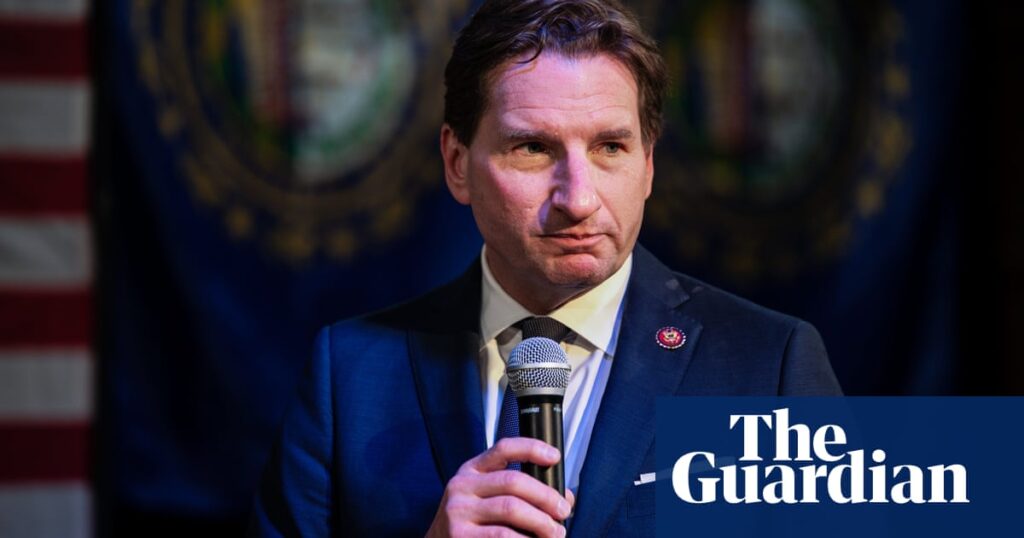Dean Phillips, the Democratic congressman from Minnesota who bucked his party to become the only elected official to challenge Joe Biden for the Democratic primary earlier this year, has said he is “saddened” by the accuracy of his prediction at the time that the outgoing president could not win re-election.
“If what I feel now is vindication, it’s awfully unsatisfying,” Phillips told Politico, adding: “The fact was, he was not in a position to win. The fact was his approval numbers were historically low. The fact was his physical decline was real.”
Phillips, who is now retiring from Congress, told the outlet: “The only vindication I cared about was my own, and I’m saddened that I’m vindicated. I would have much rather traded that vindication for success, and that’s why I’m so utterly disappointed in many of my colleagues and our party.”
The congressman’s comments come as Democrats attempt to take stock of the scale of their defeat in November, when Donald Trump won the presidency over Kamala Harris, who had replaced Biden as the Democratic nominee after he eventually quit the race, and with it a possible path forward.
Phillips had called for a secret party vote of confidence on Biden just hours before the president announced he was abandoning his re-election bid in July. Phillips quickly threw his support behind the vice-president to become the party’s nominee because of “fear of political retribution”, he told the outlet.
He expressed a high level of frustration with his own party.
“We are totally devoid of leadership. We are rudderless,” Phillips said in the interview.
“This party needs a comprehensive turnaround, and conventional wisdom no longer works. A party that consists of multiple silos and campaign committees and outside groups cannot strategically do its job, and that means leadership,” he added.
Phillips is not the only outgoing Democrat or former Democrat to express disappointment with the party. Last week, Senator Joe Manchin branded the party so “toxic” that he was no longer able to consider himself a Democrat “in the form of what Democratic party has turned itself into”.
Phillips told Politico that the path back to popular political representation, and with it electoral success, was not necessarily difficult to chart.
“What do we have to do? Listen, it’s not that hard. This is not rocket science. It starts with listening, and it means getting out to places and spaces and people and communities that we’ve all but turned our back on.”
But he said it was “ironic that the Republican party is now representing America’s working class. It’s astounding, and that was ceded to them by people that have prioritized things like tenure over talent, identity politics over pragmatic problem solving. It’s as simple as that, but it takes leadership.”

